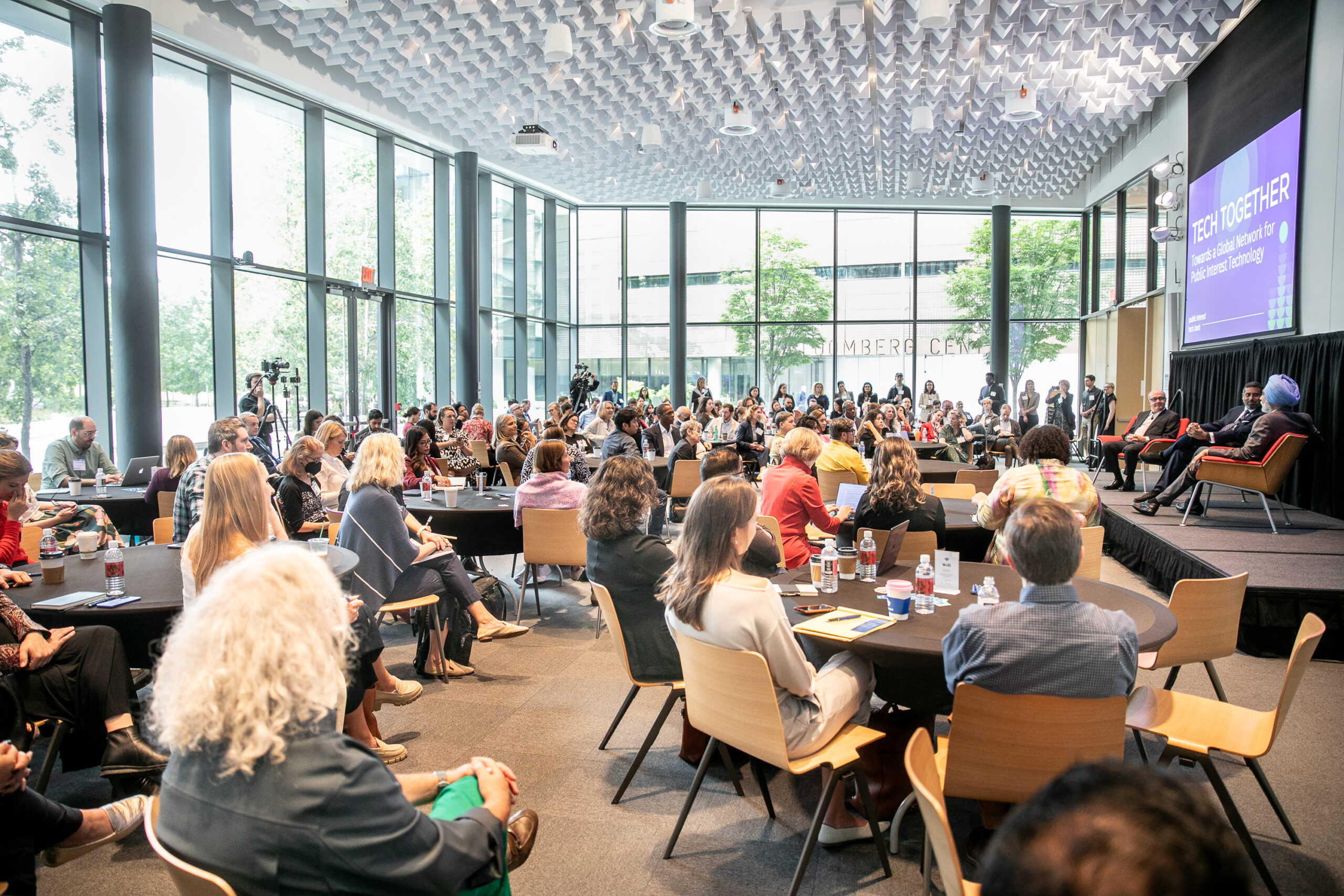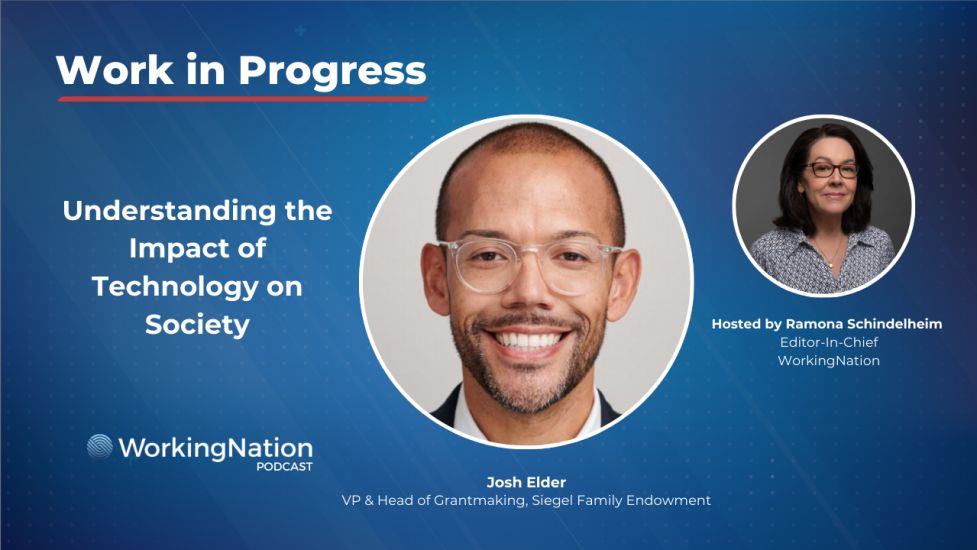We Can’t Afford To Wait For Federal AI Regulation, Luckily We Don’t Have To
In every era of rapid technological change, there come moments of deliberation: wait for policy or lead through practice?

In every era of rapid technological change, there come moments of deliberation: wait for policy or lead through practice?

As we reflect on the past year, it’s clear that artificial intelligence has dominated discussions across various domains. What surprises us, however, is not the volume of conversation but rather its lack of nuance. Having navigated many cycles of technological development, we recognize the urgent need to move beyond the simplistic “gloom vs. doom” narrative. Instead, we must critically examine what these technologies can do, what they cannot, and—most importantly—what we truly need from them.

Read new Siegel In-House Research Fellow Symon Campbell’s latest publication in Journal of Integrated Global STEM analyzing three K-12 Black-oriented EdTech platforms developed by Black women—KaiXR, Reconstruction, and TunTimo—leverage public interest technology principles to address educational inequities and counter racial biases in mainstream EdTech.

How can we build a resilient public interest technology movement that withstands shifts in administration and power? Siegel President & Executive Director Katy Knight lays out her vision for change in her latest article as a Forbes Nonprofit Council member.

During this year’s United Nations High-Level Week, we hosted Tech Together – a gathering of 200+ funders, mission-aligned investors, and thought leaders for a full-day event aimed at inspiring new ideas and catalyzing partnerships to shape the next evolution of a global public interest tech network. Watch featured panels and speakers, and read out takeaways.

AI tools can be used to generate content, but only humans can generate context. In an age full of systems designed for scale and demanding the rapid processing of data, local institutions can help preserve meaningful context for their communities.

Owen Davis is a labor economist and post-doctoral research fellow at Siegel Family Endowment, where he explores the workforce impacts of artificial intelligence and emerging technologies. Read his latest op-ed, featured in Tech Policy Press, about how we need to collect better data about not only how AI is affecting what work we do, but how it is done.

Featured on Working Nation’s Work in Progress podcast, Josh Elder, vice president and head of grantmaking for Siegel Family Endowment, discusses the importance of tech connectivity in creating access and opportunity to jobs in rural America and the overall impact technology is having on society, education, and the way we do our jobs.

A techno-pragmatist view recognizes the ubiquity and possibility of technology while acknowledging its limitations and those of the ecosystem that creates it. Read the latest from Katy Knight in Impact Alpha

The Siegel Research Team set themselves the challenge of articulating “10 big questions” that we should be grappling with in order to gain greater understanding of the challenges and opportunities that we all face. The list captures our brainstorming at the end of 2023, and incorporates numerous refinements based on many discussions we’ve had in early 2024.

The breakneck progress of generative AI seems to be condensing into fresh momentum for comprehensive tech policy. However, to design effective, foward-looking policy, we must start with a shift in discourse around technology and technology policy from values-agnostic to values-driven.